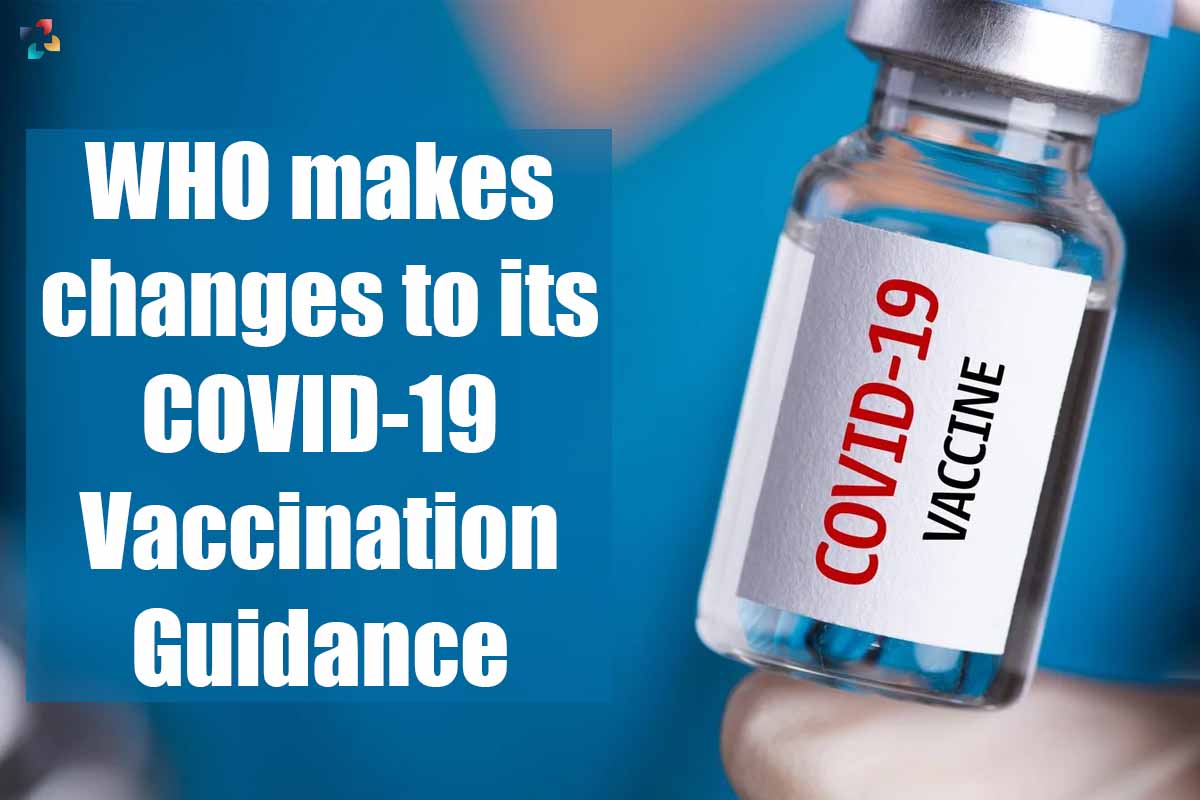The World Health Organization (WHO) has updated its COVID-19 vaccination recommendations to address the Omicron variant. According to the new guidelines, healthy children and teenagers may not need to receive the vaccine, while older individuals and high-risk groups should receive a booster shot between six to twelve months after their last vaccine. The WHO’s goal is to prioritize individuals who are at the highest risk of severe disease and death from COVID-19. This is due to the widespread population immunity worldwide due to widespread infection and vaccination.
The Risk Factors
The high-risk group includes older adults and younger people with significant risk factors, such as immunocompromising conditions. The WHO recommends an additional vaccine shot for this group either six or twelve months after their last dose, based on factors such as age and medical condition. The agency stated that healthy children and teenagers are “low priority” for COVID-19 vaccination, and countries should take into account factors such as disease burden before recommending the COVID-19 Vaccination of this group. The COVID-19 vaccines and boosters are safe for all ages, but cost-effectiveness and other factors were considered when making the recommendations.
Dr. Anthony Fauci discusses COVID-19 origins
Are Yearly Boosters Necessary?
The WHO’s latest advice reflects the current global disease picture and immunity levels. However, it should not be seen as long-term guidance on whether annual boosters will be necessary. Some high-income countries, such as the United Kingdom and Canada, have already begun offering COVID-19 boosters to high-risk individuals this spring, six months after their last dose.
Hanna Nohynek, chair of the WHO’s Strategic Group of Experts on immunization, stated that “the revised roadmap re-emphasizes the importance of vaccinating those still at risk of severe disease.” The committee also called for urgent efforts to catch up on routine vaccinations missed during the pandemic and warned of an increase in vaccine-preventable diseases like measles.
The WHO’s new guidelines come as countries take differing approaches to combat the Omicron variant. However, the agency’s recommendations prioritize those at the highest risk of severe illness and death from COVID-19, suggesting that booster shots should be given to older individuals and those with significant risk factors. The WHO emphasizes the importance of vaccinating those still at risk of severe disease and urges countries to prioritize routine vaccinations to prevent an increase in vaccine-preventable diseases.







